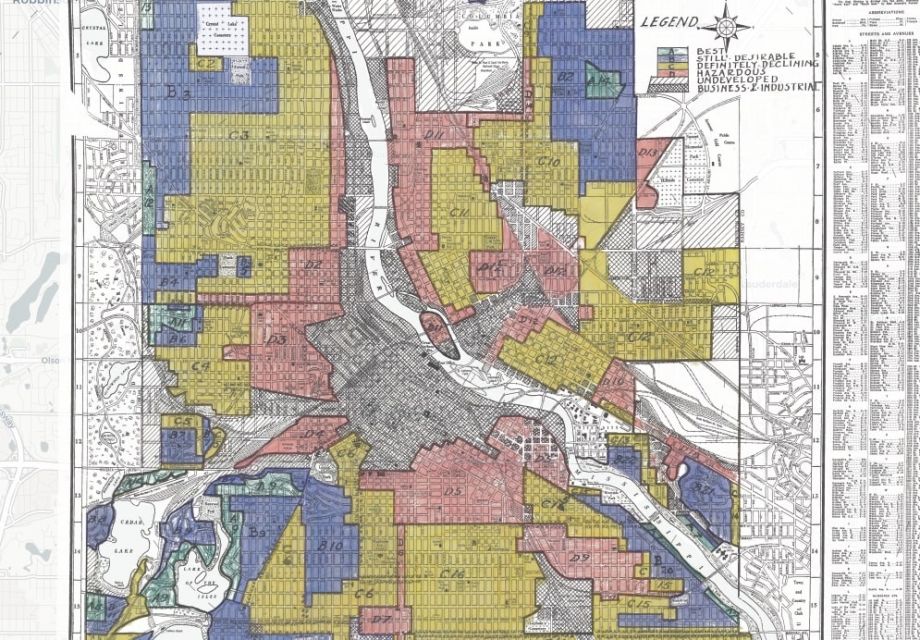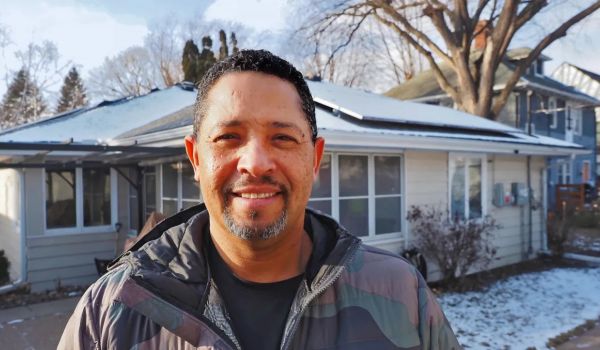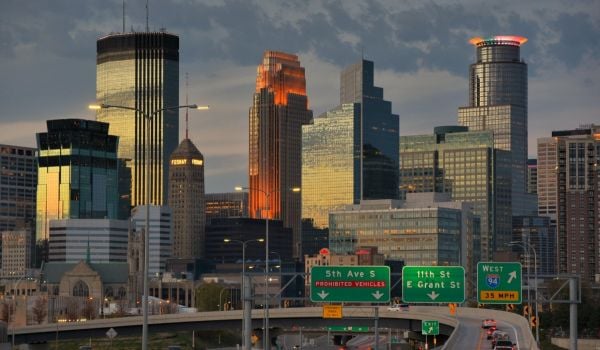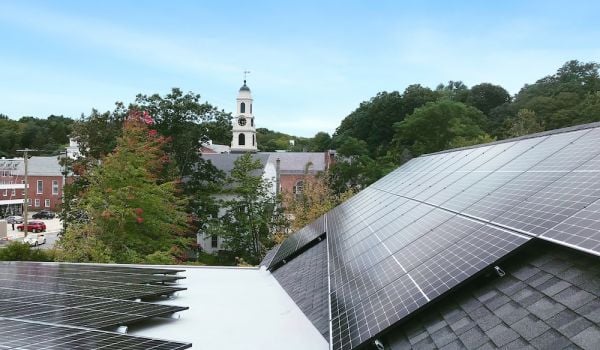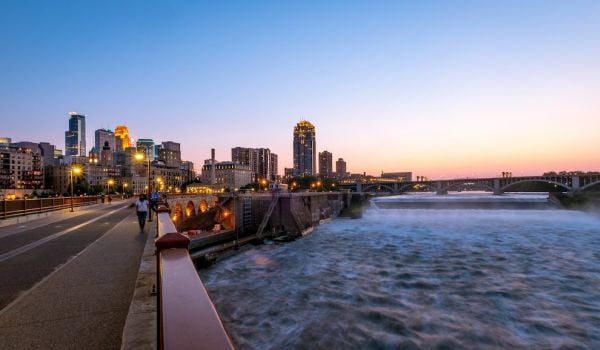Jamez Staples grew up on the north side of Minneapolis, a predominantly African-American community. In the aftermath of the 2008 financial crisis, a college course led Staples to volunteer on a solar energy project in the Virgin Islands. That trip prompted him to imagine how solar energy could transform his community in decidedly not-tropical Minnesota. The state’s 2013 Solar Jobs Act gave him and his community some incentives and tools to make it happen.
So Staples founded Renewable Energy Partners. “The intent of me starting the company was to employ people in the solar energy industry,” he says. “But it just so happened that because nobody really knew how to do it, we had to train people.”
Five years later, Staples says his company has half a dozen solar energy projects in the works. One of those projects involves installing solar panels on a building Staples took out a private loan to purchase. That building once housed a state workforce center. Staples’ vision is to transform it into a solar jobs training center that is accessible to the low-income communities of color.
After speaking with elected officials and not finding the support needed to make the project happen, Staples went ahead on his own. Asked why he was willing to take such a big personal gamble on the project, Staples says that while the decision may not have been easy on a personal level, it was clear within his bigger vision.
“I feel like this is the multiplier effect here that will ultimately spur the change to make sure that people from this community — as well as other economically challenged areas — will have the ability to participate in the clean-energy economy,” he says.
“There are a lot of people who are really interested in going into this field,” says Virginia Rutter, the Minnesota point person for Solar United Neighbors. “I think we’ve been adding a lot of jobs, but there just aren’t enough trained electricians, especially out in Greater Minnesota.”
Clean-energy job growth outpaced overall job growth in the state between 2016 and 2017. An existing training facility sits about 45 minutes by car from downtown Minneapolis, but Rutter said that having training accessible to people’s homes and near mass transit routes is “really needed.” She calls Staples’ planned training center, “fantastic.”
“When I got into the industry, I realized that the training wasn’t accessible, so I said ‘we need to bring the training into the community,’” Staples says. He also hopes his venture can be about even more than just training people how to install solar panel systems — that it can be a launching point for many different types of careers in sustainability as the sector grows.
A 2017 report found Minnesota to be the second worst state in the nation in terms of racial inequality. Keith Mayes, a professor of African American Studies at the University of Minnesota told CBS News that employed African-Americans receive very low wages. High School graduation rates are also an issue. Students of color in Minnesota graduate at a rate of approximately 70 percent, while nearly 90 percent of their white peers graduate, according to data from the Minnesota Department of Education.
Staples thinks career-focused technical education can make a difference. At five times the size of a similar training facility in Rochester, MN, Staples estimates that, once operational, his training hub should be able to serve at least a thousand people per year. Along with solar installation training, Staples said the facility will also likely offer courses in drone technology, green infrastructure, virtual reality and robotics.
Meanwhile, last year the city of Minneapolis agreed to purchase 20 percent of the power produced by a Renewable Energy Partners solar installation on the roof of North High School. That project should produce 1 Megawatt per year, and it will connect to a local microgrid. When the installation is finished next year, the North High project will not only produce energy but also offer a way for students to begin learning the technical aspects of solar energy production.
“I’m a multiplier guy,” Staples says. “We have some of the worst disparities. So, how do we leverage this asset, which is right in the heart of the community, and bring training for various sustainability careers into the urban core, which could use it the most.”
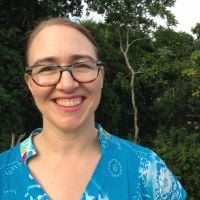
Zoe Sullivan is a multimedia journalist and visual artist with experience on the U.S. Gulf Coast, Argentina, Brazil, and Kenya. Her radio work has appeared on outlets such as BBC, Marketplace, Radio France International, Free Speech Radio News and DW. Her writing has appeared on outlets such as The Guardian, Al Jazeera America and The Crisis.
Follow Zoe .(JavaScript must be enabled to view this email address)

